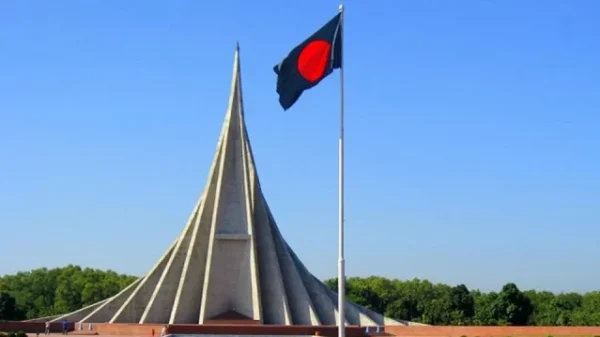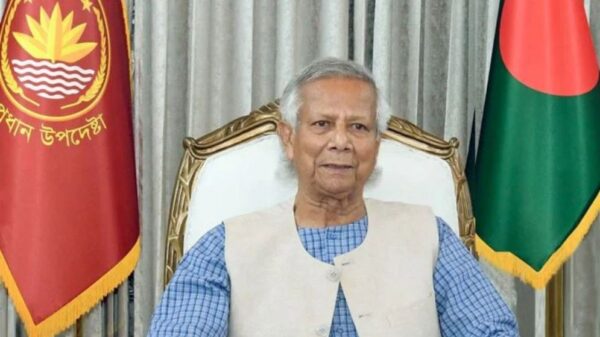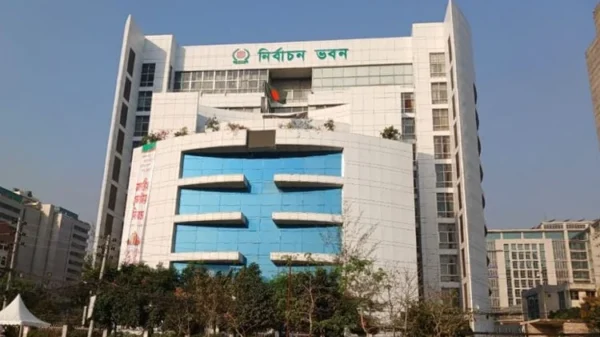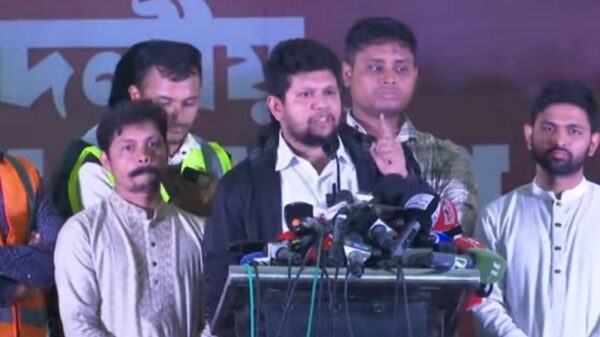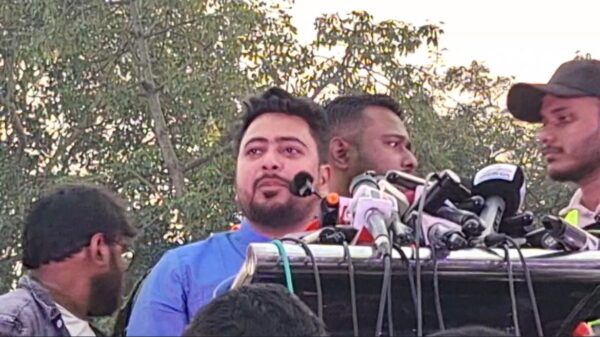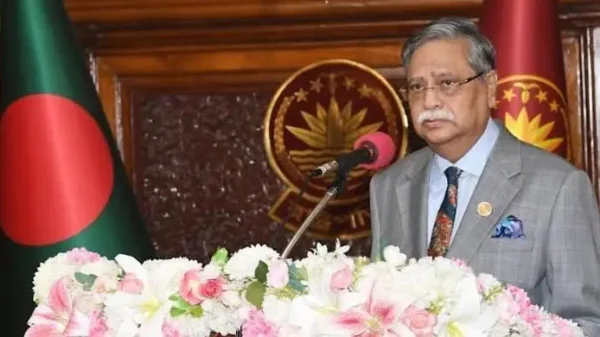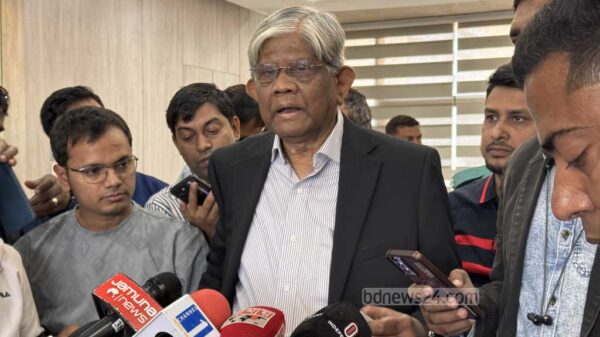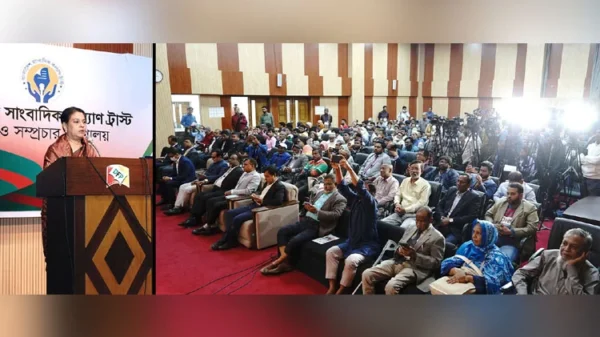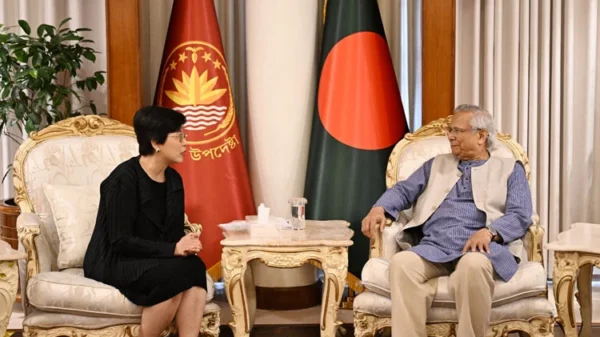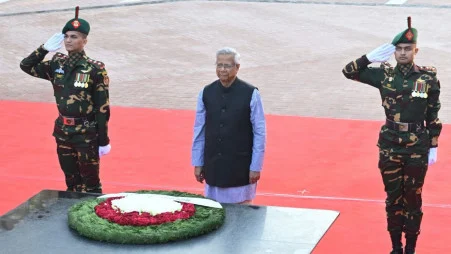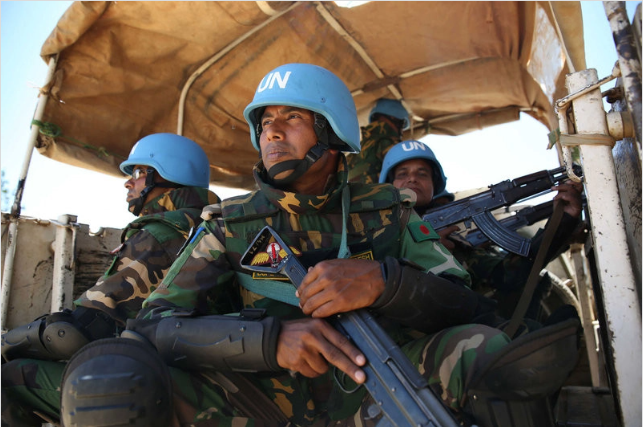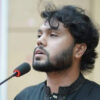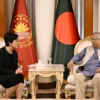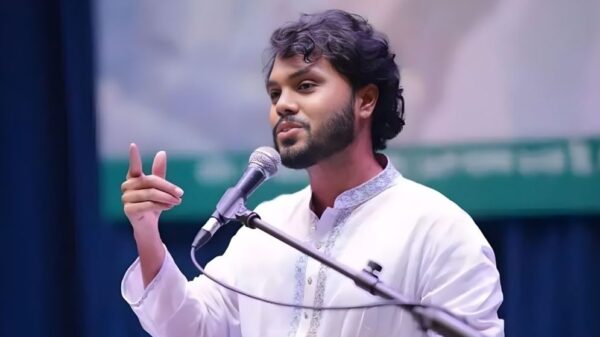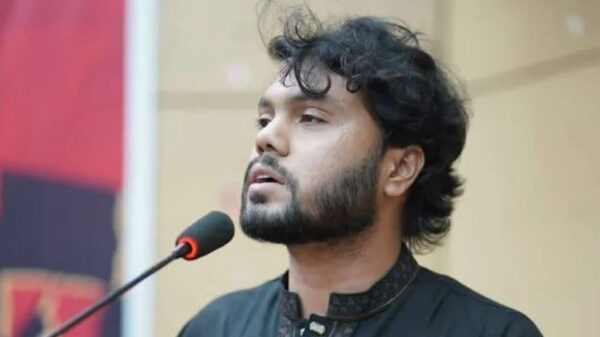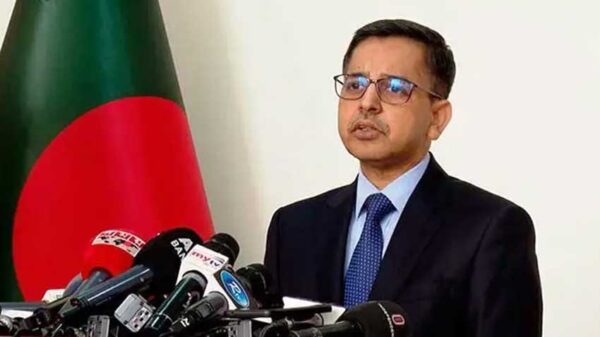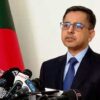Staff Reporter:
The recent report by a global media about Bangladesh’s law enforcement agencies undermines the contributions and sacrifices of the Bangladesh Army in UN peacekeeping missions, analysts say.
They said that the allegations of human rights violations against multiple Bangladeshi law enforcement agencies are “baseless” and the report released ahead of the International Day of United Nations Peacekeepers on 29 May is an attempt to discredit them.
They also suspect that the report aims to remove members of the Bangladesh Army from UN peacekeeping missions.
“The conspiracy to exclude personnel from Bangladesh in the UN peacekeeping force began long ago. This conspiracy has existed in the past and will continue in the future, led by the Western world under the leadership of America,” said Professor Abdul Mannan, former chairman of the University Grants Commission.
On Tuesday (21 May), DW aired the report titled “Human Rights Abusers Go on UN Missions” and produced in collaboration with Netra News, a Sweden-based news portal run by a Bangladeshi in self-exile.
Analysts said the report, which was published the day after former Army Chief General Aziz Ahmed and his family members were sanctioned by the United States, was an attempt to put pressure on the government.
They said the report unreasonably cited the example of postponing the participation of the Sri Lankan Army members back in 2009 for appointing Shavendra Silva as the army chief who was accused of human rights violation.
“But the volatile situation in Sri Lanka is in no way comparable to the peaceful situation in Bangladesh,” a security analyst said, adding, “This report appears to be part of a campaign to remove the Bangladesh Army from the UN Peacekeeping Mission.”
What does reality say?
Bangladesh’s journey in UN peacekeeping began in 1988 with the participation of a group of officers in the Military Observers Group during the Iran-Iraq War. This illustrious participation is nearing its 37th year. Since then, Bangladesh has been working in UN missions with commendable reputation and skill.
The Blue Helmets of Bangladesh are now praised globally. The history of Bangladesh’s heroism and sacrifice while serving in missions is extensive. In 2005, nine Bangladeshi peacekeepers were brutally shot dead in Congo. To date, a total of 166 Bangladeshi peacekeepers have been killed on missions.
Bangladeshi peacekeepers maintain the highest level of professionalism in peacekeeping operations in African countries, upholding Bangladesh’s prestige on the global stage. Due to their professional attitude, contributions, and sacrifices, Bangladesh has solidified its position as a top troop-contributing country to UN peacekeeping missions.
The United Nations has also recognised Bangladesh’s distinguished role at various times.
Despite all these positive aspects, conspiratorial activities have been continued with clear intent and for specific interests, analysts say.
“Various international media outlets are being paid to carry out these actions. The sources of their funding are all NGOs, most of which are foreign-funded. In many cases, news is produced without any evidence,” Professor Abdul Mannan said.
The DW report stated that Bangladesh has received over $250 million in aid over the past 23 years for participating in UN peacekeeping missions.
Prof Abdul Mannan said, “Bangladesh has received payment for services rendered in peacekeeping missions. This is not aid. Bangladesh has been salaried by the UN for its services; it is not charity.”
Senior journalist and researcher Ajay Dasgupta said, “The UN, as the appropriate authorities, should expose those who conduct smear campaigns against Bangladesh and other countries’ forces working for global peace, in addition to providing correct information.”
On 15 May, Donald Lu met with Foreign Minister Hasan Mahmud to discuss bilateral issues, including the sanctions on RAB, which the minister acknowledged as a long process.
Shortly after, former Army Chief General Aziz Ahmed was sanctioned due to his involvement in “significant corruption,” as mentioned in a documentary by Al-Jazeera.
Human Rights Watch (HRW) has called for increased scrutiny of Bangladeshi peacekeepers, citing human rights concerns.
Analysts say that BNP’s propaganda has influenced international organisations like HRW, aiming to pressure Bangladesh and discredit its contributions to UN peacekeeping missions.


